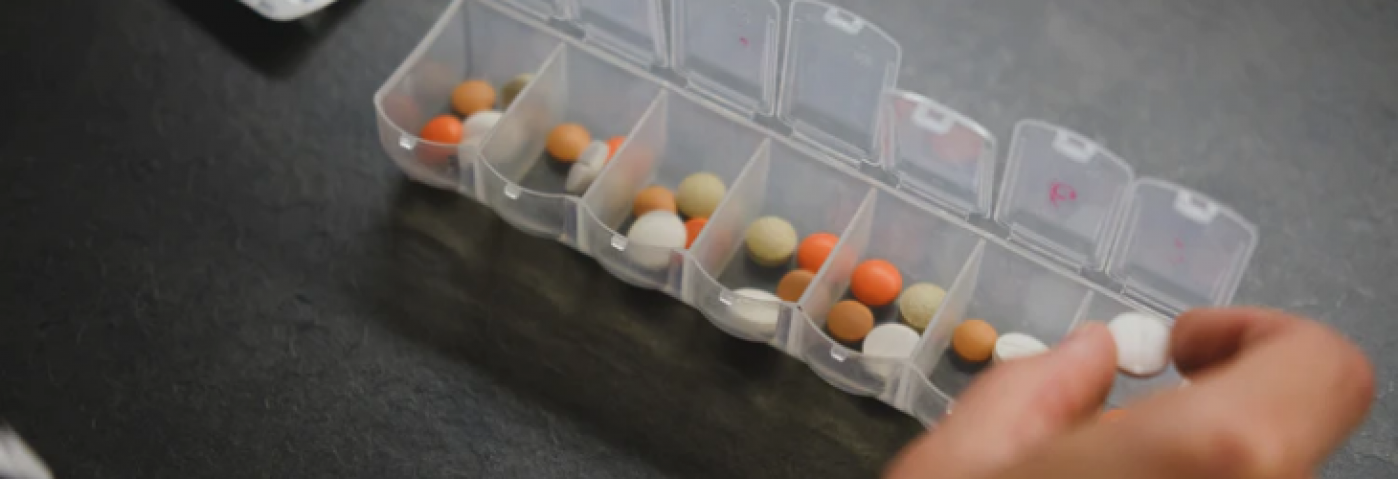A doctor prescribing a medication to treat a condition does not always mean that it is safe for everyone. Prescribed medications can lead to addiction, illness, and death if adverse reactions go unchecked. Even if it is legal and there is a prescription. No matter the age, there are significant risks to consider when discussing or considering addiction treatment with prescribed medication.
When someone develops a tolerance for a prescribed medication with high abuse potential, it can be harder to obtain the desired effect with consistent doses. Unfortunately, if someone is not actively communicating with their physician, prescription medication misuse and abuse can be increasingly common.
Risky Prescription Medications
Prescription misuse and abuse occur when someone is not taking the medication as prescribed by the physician. Including taking it more frequently and higher amounts to combat the tolerance built over time. This non-medical use of prescription drugs can then develop into an addiction.
Commonly misused or abused prescription drugs include:
- Opioids: prescribed for pain management.
- Central Nervous System (CNS) Depressants: including sedatives, hypnotics, and tranquilizers that can be prescribed to decrease anxiety or improve sleep.
- Stimulants: prescribed generally for attention-deficit/hyperactivity disorders.
The Rise of Addiction to Prescribed Medications
The non-medical use of prescription medications in the United States continues to be a growing public health crisis. Most begin taking a prescribed medication through the care of their physician by choice. Unfortunately, these drugs impact our brain functioning and can result in severe impairments if taken inappropriately. The drugs’ effects can be pleasurable; this euphoric, calming, or otherwise “enjoyable” experience while under the influence may prompt the desire to obtain more.
The idea of becoming addicted to prescribed medication can be daunting. This is why having an active communication with the physician is key. As well as following recommendations and understanding the risks connected to the drug itself.
What Happens When There’s an Underlying Addiction
Unfortunately, if someone struggles with an addiction that may have been exacerbated by an Adderall prescription or an Oxycodone prescription, for example, this can quickly lead to a pattern of what can be referred to as “doctor shopping” or seeking more through finding other illegal and illicit substances.
“Doctor shopping” is when someone sees several different physicians to obtain prescriptions for desirable drugs and almost counts on the physicians not actively communicating about the medication they prescribe.
Because this problem is an ordinary occurrence physicians, pharmacies, and medical professionals are actively working on stopping this practice by creating tracking systems for prescriptions. Additionally, the medical community is beginning to require more communication with prescribing physicians to decrease the risk of over-prescribing and abuse.
While this is an advancement in ensuring safety, it can also prompt someone to seek their “high” by other means. It is increasingly common to hear stories in drug and alcohol treatment that once someone was unable to obtain more of their desired prescription, they sought their substance on the streets. For example, someone may start taking Heroin if they are unable to get opioid pain medication from their physician. On the other hand, someone else may find Cocaine if they are unable to find stimulant medications.
Getting Help for Prescribed Medications Addiction
One of the greatest risks is the withdrawal from prescribed medications once someone has become addicted, which may also be why other substances of the same class are pursued. If you suspect that yourself or someone you care about may be struggling with alcohol and drug addiction, please contact Lighthouse Recovery Institute. Our team is here to help you win the fight against addiction and we’ll be with you every step of the way.









